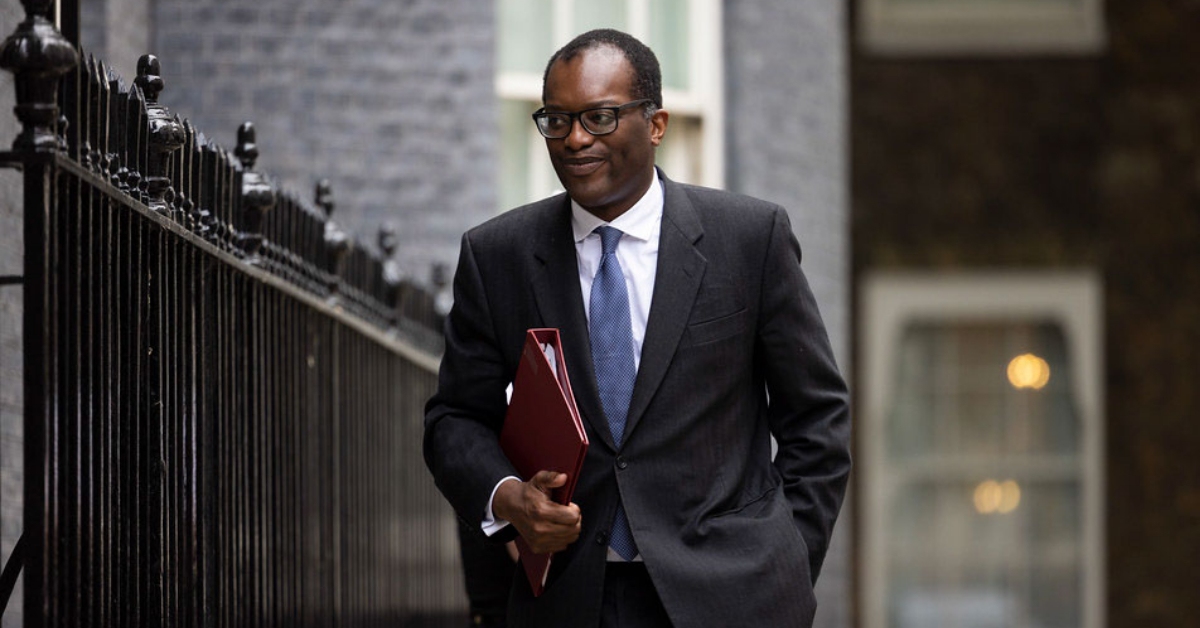The national insurance increase implemented earlier this year will be reversed, the UK Government has confirmed.
Chancellor Kwasi Kwarteng described the reversal to the rise as a “tax cut for workers”.
From April 6, workers and employers have been paying an extra 1.25p in the pound for national insurance.
However, the increase will be reversed from November 6, Kwarteng has confirmed, ahead of delivering a mini-budget in Parliament on Friday.
“Taxing our way to prosperity has never worked. To raise standards for all, we need to be unapologetic about growing our economy,” he said.
Ahead of his mini-budget on Friday, Kwarteng said he would also be scrapping the planned Health and Social Care Levy which was due to come into effect next April to replace the national insurance rise.
The Treasury said most employees will receive a cut to their national insurance contribution directly via their employer’s payroll in their November pay, although some may be delayed to December or January.
The levy was expected to raise around £13bn a year to fund social care and deal with the NHS backlog which has built up due to the Covid pandemic.
However, Kwarteng said funding for health and social care services will be maintained at the same level as if it was still in place.
The chancellor and Prime Minister Liz Truss have argued that the lost revenues will be recovered through higher economic growth stimulated by the cuts in taxation.
The Institute for Fiscal Studies said the plan to drive growth was “a gamble at best” and that ministers risked putting the public finances on an “unsustainable path”.
Follow STV News on WhatsApp
Scan the QR code on your mobile device for all the latest news from around the country


 Flickr
Flickr

























